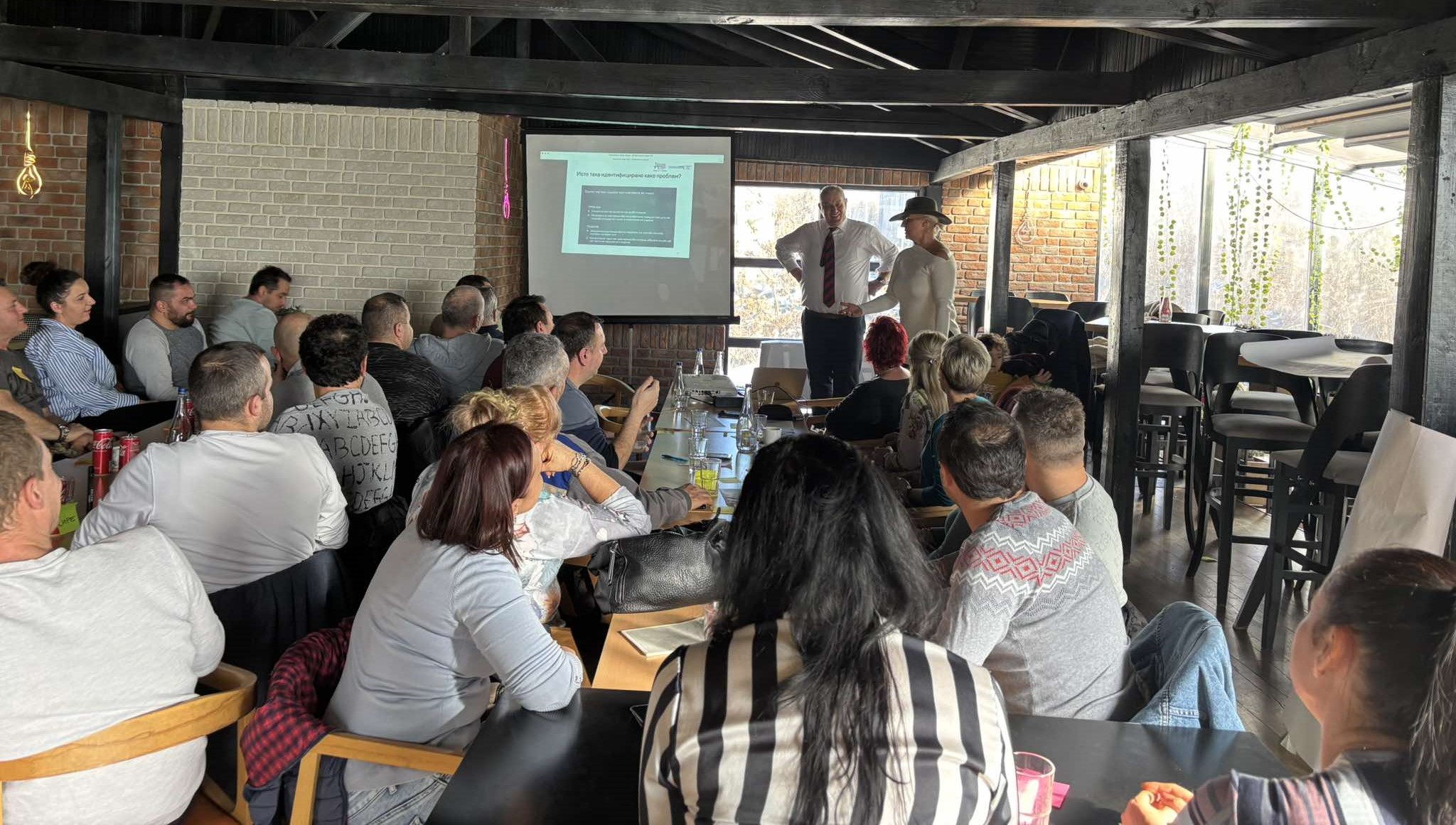Between 2021 and 2024, North Macedonia faced significant inflation growth driven by multiple factors. Supply chain disruptions and pressures on specific markets (such as edible oil) caused price increases as early as the second half of 2021. However, the main price shock came after the Russian invasion of Ukraine at the end of February 2022, an event that triggered tectonic geopolitical and economic shifts, significantly impacting the prices of energy and essential raw materials. Compared to the price level at the beginning of 2021, by the end of 2024, the general price level in North Macedonia had increased by 35%, while food prices had risen by 46.8%.
In response to this inflationary pressure, the Government introduced a series of measures to mitigate the negative impacts on consumption and the living standards of the population. Between 2021 and 2024, measures included freezing the prices of certain basic products and/or limiting trade margins to prevent further price increases. A total of nine key decisions were made by December 2024, three of which targeted margin limitations, while the others focused on price controls. Some measures applied to specific food products, while others covered a broader range of food items.
The findings of the analysis show that price control measures for food had a mild aggregate effect and a strong immediate effect. During periods without such measures, the average month-on-month food inflation rate was 0.5%. Under these measures, food inflation averaged as low as -1%, indicating that food prices decreased during the intervention. Thus, the estimated effect is relatively significant. However, this effect diminishes after the first month of implementation (if the measure lasted longer than one month). This indicates that while the measures achieve their strongest expected effect on reducing food prices in the first month, the impact quickly weakens, likely due to market adjustments (e.g., rising prices of alternative products not covered by the measures).
Another finding suggests that price control measures only temporarily suppress inflation, as prices tend to increase again once the measure expires. Inflation returns almost entirely to its pre-measure dynamics, without evidence of overshooting.
Finance Think recommends that food price control measures be used only in cases of exceptionally high inflation. In all other situations, they should be replaced with structural or market-based measures, such as:
- Consistent and impartial enforcement of the Law on Unfair Trading Practices.
- Strengthening the capacity and tools of the Commission for Protection of Competition.
- Overhauling the agricultural subsidies system to increase domestic production.
- Targeted budget support for the most vulnerable segments of the population.










